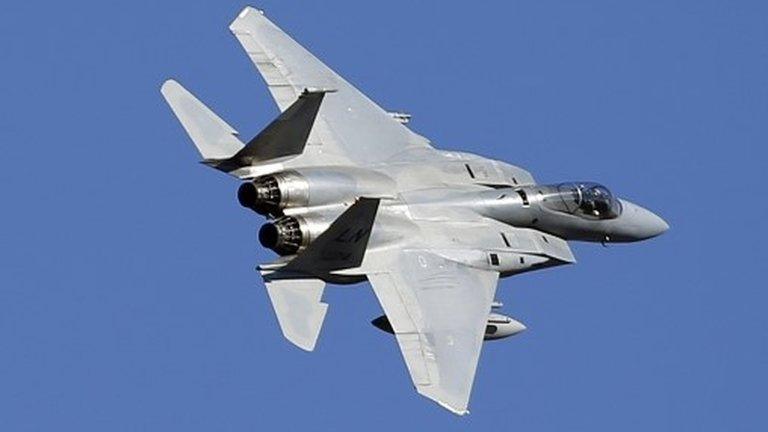Proposed Nato reinforcement 'will send signal' to Russia
- Published
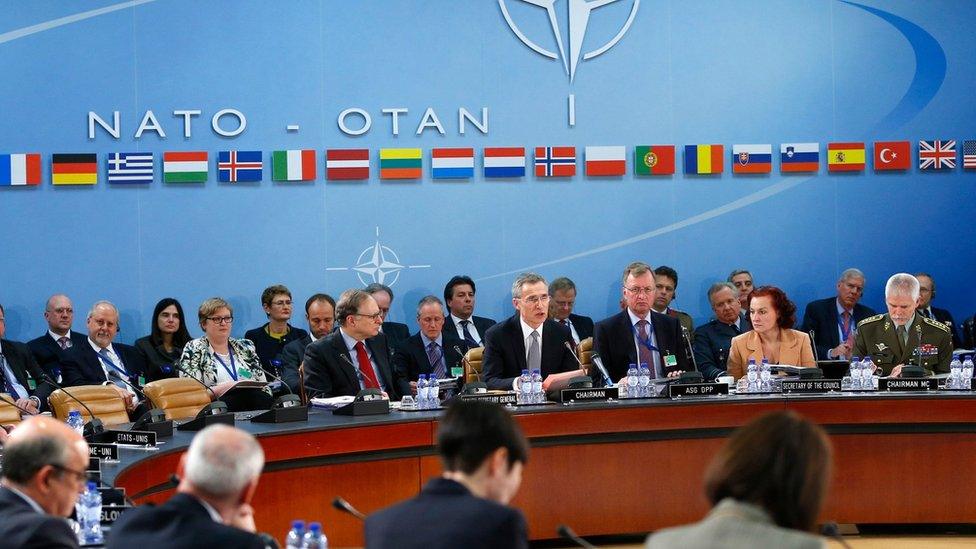
The Nato proposals for beefing up its presence in eastern member states come after the US pledged to quadruple its European defence budget in light of "Russian aggression"
Nato defence ministers are discussing how to enhance the alliance's presence in eastern member states.
Secretary-General Jens Stoltenberg said this would send "a clear signal: Nato will respond as one to any aggression against any ally".
Many eastern members have raised concerns over what they see as Russia's attempt to destabilise the region.
But Moscow argues that it is the alliance's increased presence there that is having the detrimental effect.
The meeting in Brussels will also discuss what are known as hybrid challenges - attacks that combine conventional, irregular and cyber warfare.
"I expect defence ministers to agree to enhance our forward presence in the eastern part of our alliance," Mr Stoltenberg said.
Military build-up
This forward deployment may involve no more than 6,000 troops on rotation, diplomatic sources told AFP news agency. Mr Stoltenberg was quoted as saying there was no going back "to the days of the Cold War where we had hundreds of thousands of troops on bases".
Other measures could include stockpiling military equipment and building new infrastructure.
But the moves are themselves destabilising and designed to contain Russia, Russian Foreign Ministry spokeswoman Maria Zakharova said, according to Reuters news agency.
The meeting comes a week after the US announced it was proposing quadrupling its budget for European defence in 2017 in the light of what US Defence Secretary Ash Carter called "Russian aggression" - a likely reference to its role in the Ukraine crisis and its 2014 annexation of Crimea.
Nato leaders are expected to formally endorse the plans at a July summit in Poland.
The Nato leaders will also discuss the rise in migrants attempting to reach Europe by sea.
- Published10 November 2014
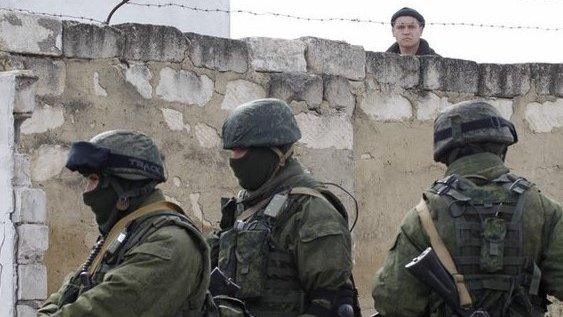
- Published2 February 2016
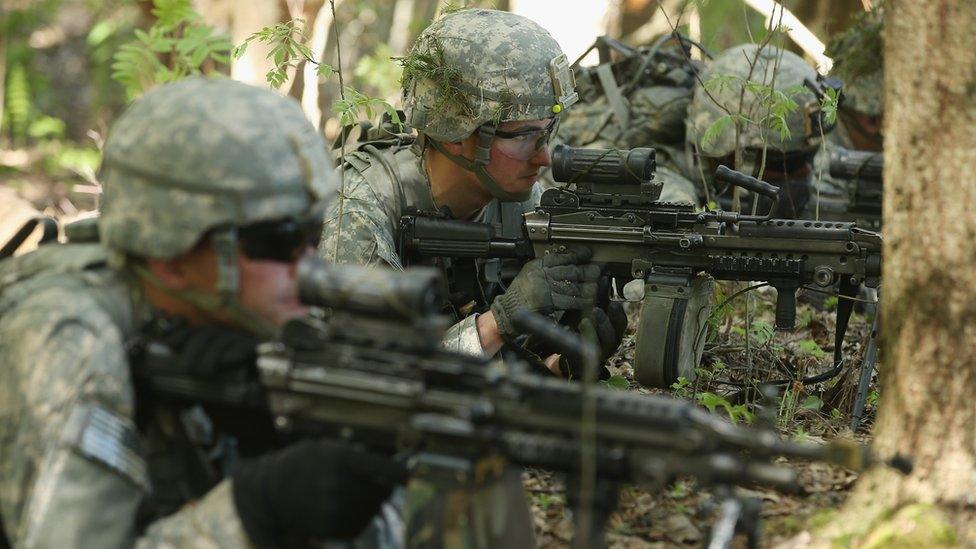
- Published4 February 2016
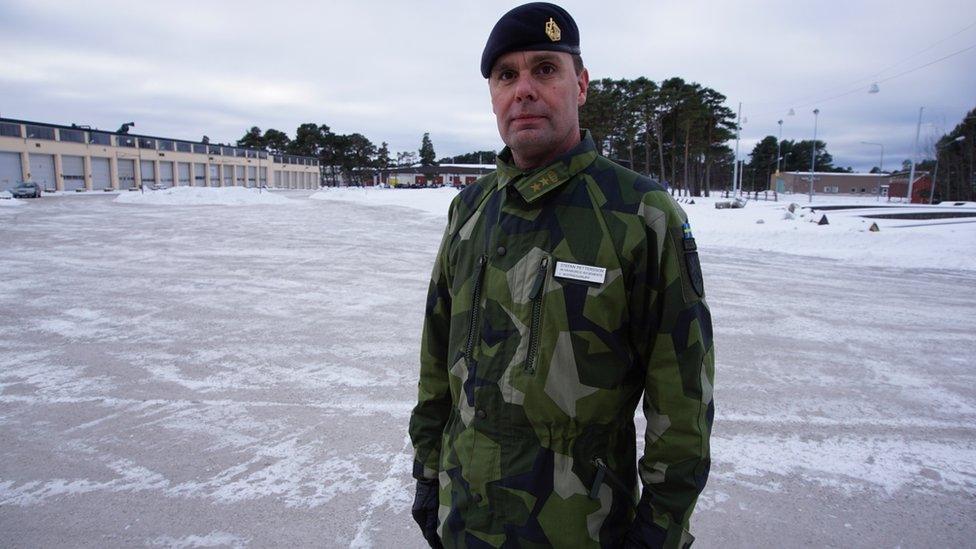
- Published2 April 2014
